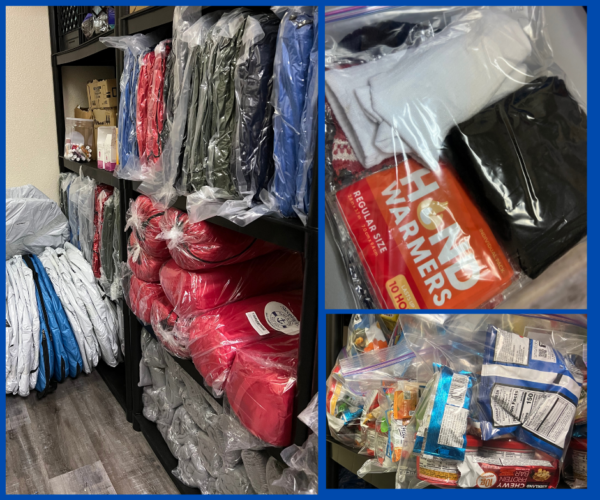Recovery, Empowerment, Advocacy, Linkage
The goal of the REAL Program is to engage members of the community who are at risk for encounters with law enforcement and first responders. That means WSTC’s REAL Team members go out into the field (homeless camps, for example), make connections with this population, provide an initial assessment to determine needs, link individuals with services, and continue to empower and advocate for them as they work toward recovery.
What Has the REAL Program Done So Far?
Since starting this program, the REAL Team has engaged with dozens of Kitsap County individuals in high risk situations and has been able to help many of them to escape dangerous living circumstances. They have taken participants to crisis triage, moved them out of human trafficking situations and into safe housing, transported them to shelters, and brought them to treatment. They have distributed naloxone, a medication that prevents an opioid overdose from becoming a fatality, and they have provided hand warmers, sleeping bags, water, snacks, hygiene supplies and more to show good faith and build trust while meeting immediate physical needs. The Team has also helped individuals obtain supplies for infants and young children.



